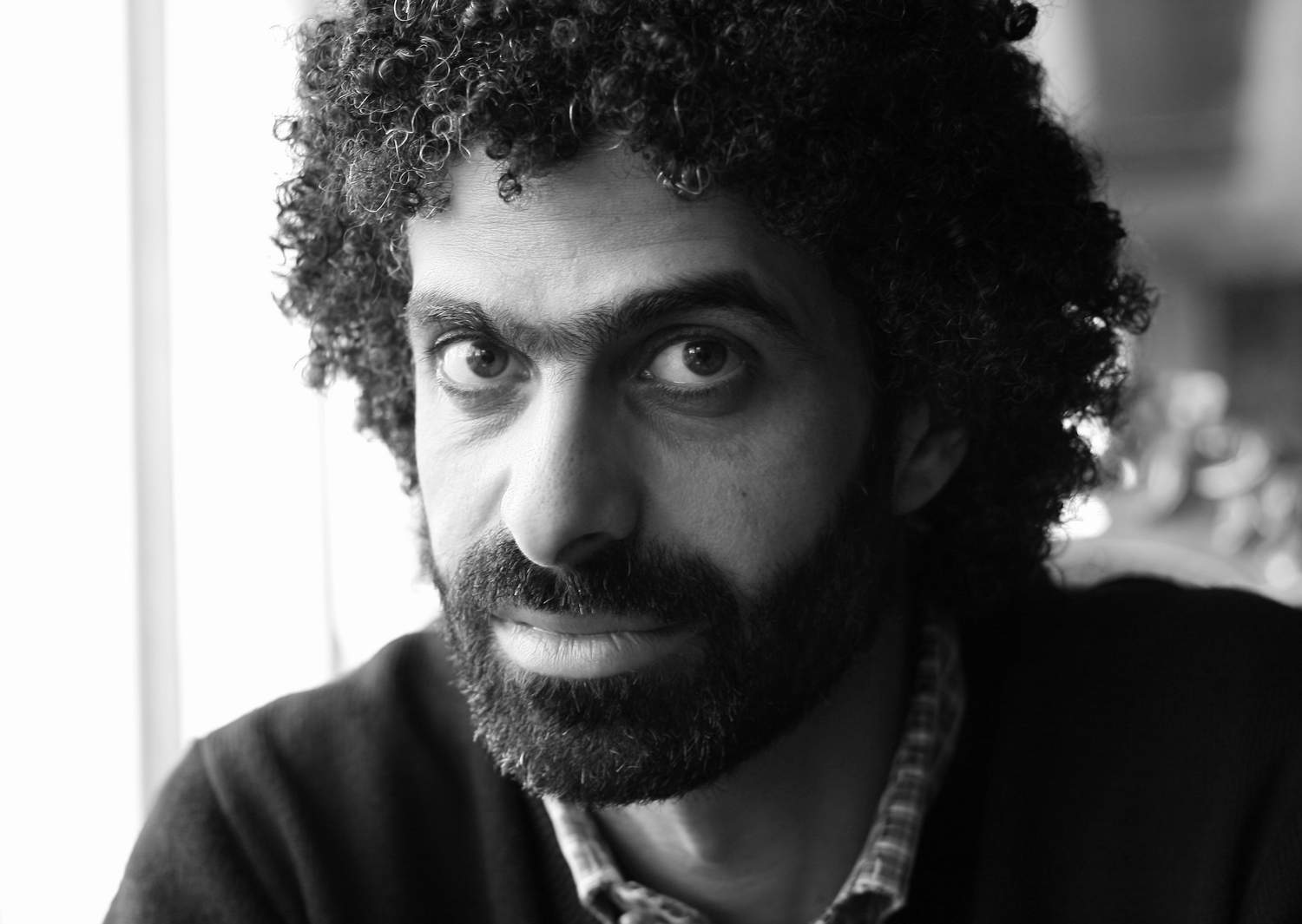
This Friday was a historic day. An elected civilian president took his oath atop a stage in Tahrir Square. Perhaps Tahrir was not such an exclusive location as Cairo University or the Constitutional Court, while even under the neighbours’ balcony could be considered a stage for swearing one’s oath, given the complex legal- political situation in Egypt at this time. But Tahrir still has its own significance.
The language that Egypt’s new president Mohamed Morsi used was an escalation in itself. He heroically promised to meet almost all revolutionary demands. He poetically crowned himself the legitimate leader of the revolution, and he did so well. But does yesterday’s underestimated presidential candidate know what he has chosen to go through?
Probably he does. He is a former professor and an ex-political prisoner – enough qualifications for him to realise the serious choices he made. Morsi, in his Friday speech, which wasn’t exclusively directed toward the Islamist majority in Tahrir, has declared a cold war, most obviously against the Supreme Council of Armed Forces (SCAF), but also against the rigid structure of the Muslim Brotherhood itself.
Morsi’s speech has made it clear that he sided with the revolutionaries and the majority of Egyptians, which in itself is an anti-SCAF stance by default. We have to understand that all of his promises, from being a president owning his decision, all the way down the long list to freeing civilians detained in military prisons, would each effectively strip SCAF of powers it granted for itself.
There is definitely a very long and tough battle ahead of Morsi, since SCAF are the ones with the guns. However, his decision to side with the people is a smart one, since they can provide the loyal shield which he aspires to wield. On the contrary, siding with SCAF months earlier resulted in failure, since SCAF have tended to sell out allies after they lose street support.
The Morsi verses SCAF issue is actually nothing more than stating the obvious. The most interesting outcome of his speech is the sign of a possible internal shaking of the Brotherhood foundations, a rigidly structured organisation headed by its “Guide,” Mohamed Badie, who is supposedly Morsi’s guide as well.
Morsi’s statements and promises on Friday were clearly against what we are familiar with in terms of the Brotherhood’s nature and its well known non-confrontational tactics. Realising these promises will take no other path than one in opposition to SCAF – which might not receive the approval of the Guide.
The idea of a guide within Egyptian culture however, even among the majority of the religious, is not welcomed. Egyptians have been too traumatised by the Iranian model to accept it. And here comes the complication Morsi has caused, by siding with the people. He actually sided against his own guide and friend, or at least friend thus far. It will be very interesting to see how this dilemma will be internally resolved among the brothers.
Now Morsi may be fighting on two battlefields: with SCAF, and with the Brotherhood. He will be desperately in need of support from the people and active, strategic-minded revolutionaries. It is very difficult to predict how this complicated, multi-layered cold war will play out, given the chaotic scene of Egyptian politics. However, if he wins, no one will allow him to turn into an Islamist pharaoh or classic Arab knight. Fortunately, the revolution has made it clear: Egypt will not allow itself to be ruled by the same person for longer than eight years.


